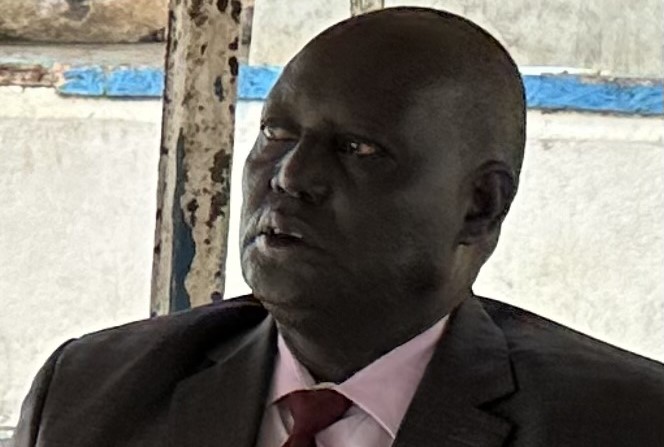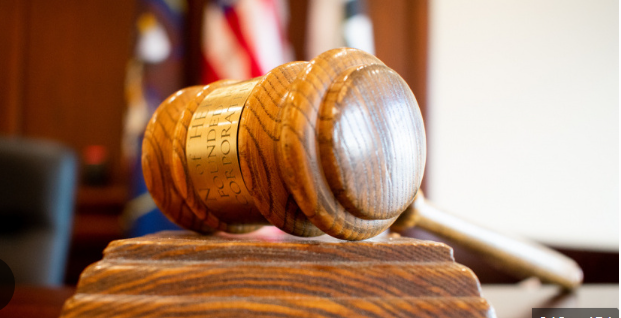The High Court in South Sudan’s Upper Nile State is set to resume operations for the first time in 12 years, marking a significant step toward restoring judicial services in a region severely affected by conflict.
Justice Yai Anyuon Akuot, the newly appointed head of the High Court for Upper Nile, arrived in the state capital Malakal on Saturday to assume his duties, formally re-establishing the judiciary’s presence in the area.
The court had ceased functioning following the outbreak of civil war in 2013, which destroyed infrastructure and forced legal institutions to halt operations. Since then, cases have been handled through mobile courts supported by international partners.

Justice Garang Deng, head of the Greater Upper Nile Circuit for South Sudan’s Judiciary, told Radio Tamazuj that the court’s return was critical for delivering justice to citizens, particularly those awaiting trial in local prisons.
“Now that the situation in the state has stabilized and the government has returned with its legal and legislative institutions, it requires the presence of judges to achieve justice,” Deng said.
He acknowledged ongoing challenges, including the lack of judicial infrastructure and housing for court staff, but said state authorities and international partners were cooperating to rehabilitate facilities in Malakal and several counties.
Deng added that judges have been deployed to densely populated areas such as Renk and Maban, where they have been granted High Court powers to adjudicate cases.
Civil society leaders and legal professionals welcomed the court’s return, describing it as a vital development after more than a decade without a functioning judiciary.
“We are happy as civil society in Upper Nile because it is a good move to have the high court after more than a decade,” said Solana Jeremiah, head of the Civil Society Organizations coalition in Upper Nile. “It will relieve us from the issue of mobile courts that come from time to time.”
He said civil society groups plan to work closely with the court and law enforcement to ensure the rule of law is upheld. “In the coming period the civil society, the police and the high court will work together to handle cases that affect the communities in the state,” he said.
Santino Koj, head of the Upper Nile State Branch Bar Association, said the court’s re-establishment would also allow lawyers to return and resume their work.
“The return of the high court to the state for the first time since 2013 is a very important move in ensuring that the justice system is restored,” Koj said. “A lawyer cannot work fully if there is no court, because all the cases are handled by court.”
He said many lawyers had gathered to welcome Justice Anyuon upon his arrival. “People are optimistic that justice will be upheld in the state,” Santino added.




